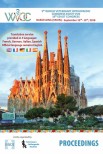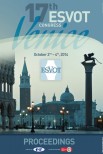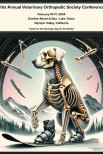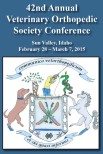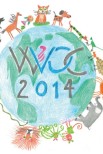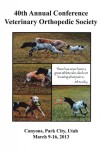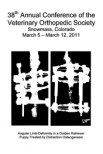Summary
Reasons for performing study
The factors associated with outcome following solar foot penetration involving synovial structures treated using endoscopic lavage have not been described in the UK population.
Objectives
To provide descriptive data on horses with synovial contamination or sepsis following solar penetration in 4 UK equine referral hospitals and to identify specific factors associated with the outcome.
Study design
Retrospective case series.
Methods
Data were collected from 4 veterinary hospitals. Follow-up data were obtained via a telephone questionnaire. Two multivariable logistic regression models were generated. Model 1 included all horses with synovial contamination following foot penetration undergoing surgical treatment, with the outcome variable being euthanasia during hospitalisation. Model 2 included all horses surviving anaesthesia, with the outcome variable being failure to return to pre-injury athletic function.
Results
Ninety-five horses were included. Overall, 56% of horses survived to discharge and 36% of horses returned to pre-injury athletic function. Model 1 included penetration of the central frog sulcus (odds ratio [OR] 10, 95% confidence interval [CI] 1.9–51.8), concurrent distal phalanx involvement (OR 32, 95% CI 2.6–101.9), increasing days to presentation (OR 1.2, 95% CI 1.0–1.3) and hospital. Model 2 included increasing days to presentation (OR 1.1, 95% CI 1.1–1.6), breed (OR 32, 95% CI 2.2–135.4), more than one surgery (OR 5.6, 95% CI 1.0–32.7) and hospital.
Conclusions and potential relevance
Synovial involvement following solar foot penetration has a guarded prognosis for survival to discharge and a poor prognosis for return to pre-injury athletic function. Penetration of the central sulcus of the frog and distal phalanx involvement are associated with euthanasia during hospitalisation. Delayed referral and hospitalisation are associated with both euthanasia and failure to return to pre-injury athletic function. Breed and more than one surgery are associated with failure to return to pre-injury athletic function. These data may assist veterinary surgeons and owners to make evidence-based decisions when managing cases with synovial involvement following solar foot penetration.


